
Spotlight on sustainable development and health
A key objective of the UN's Agenda 2030 is health and well-being for all people regardless of age and where in the world they live. The intention is described in particular in Sustainable Development Goal (SDG) three of the agenda. Researchers at Karolinska Institutet contribute every day to the work for sustainable development and health globally. Here we have collected a selection of web pages, news articles and features describing the efforts of our researchers.

Agenda 2030 towards a better world
No poverty and no hunger, these are some of the goals that the world will have reached in year 2030. Countries of the world are now working with their own action plans. Researchers at KI take part in this work. “For the first time we have a joint framework to demonstrate how people, the ecology and the economy actually interrelate,” says Tobias Alfvén, researcher in global health.
 Photo: GettyImages,Getty Images/iStockphoto
Photo: GettyImages,Getty Images/iStockphotoThe dirt we breathe — air pollution claims millions of lives
Air pollution is one of the most significant health threats in the world. In Sweden, air quality is improving, but in other parts of the world, the trend is going in the wrong direction. At the same time, research shows that even very low levels of pollution, below legal limits, harm our health.
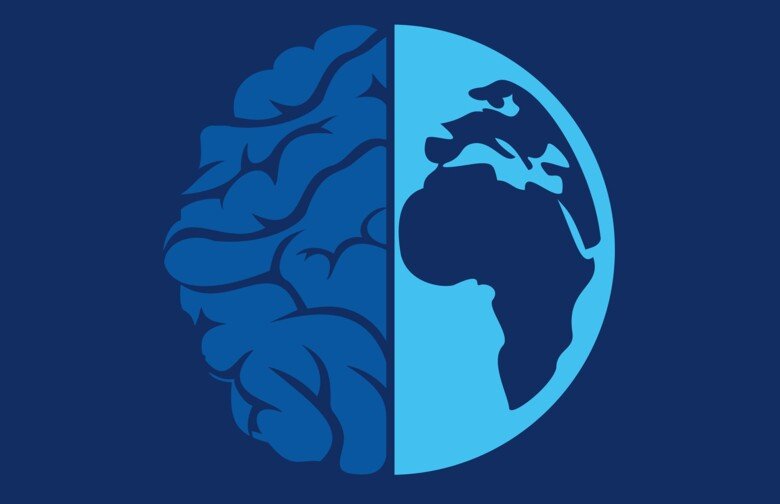 Photo: Jesper Möller
Photo: Jesper MöllerLooking after our bodies and the planet
During the climate summit in Glasgow in the fall of 2021, world leaders agreed to stick to the 1.5-degree target, and for the first time, the role of fossil fuels was mentioned. Climate change concerns the future of humanity but can also provide direct health benefits here and now, according to researchers at Karolinska Institutet
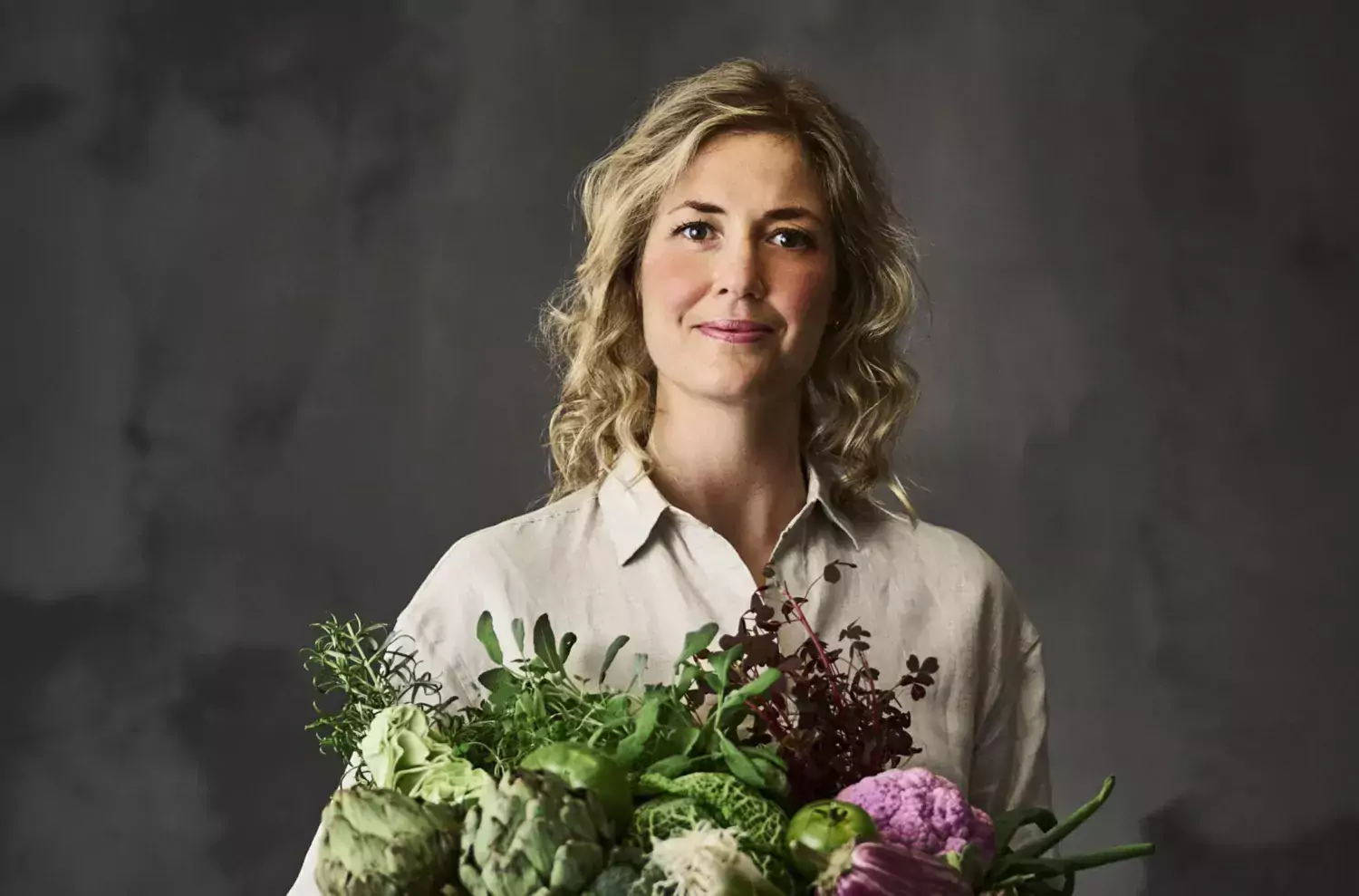 Photo: Mattias Södermark Menigo
Photo: Mattias Södermark MenigoHow can we get more people to eat climate-smart?
In a new study, Patricia Eustachio Colombo and her colleagues have developed suggestions for healthy and climate-friendly dietary patterns. Now it's just a matter of getting us to adopt them.
 Photo: Joel Nilsson
Photo: Joel NilssonHot days put our bodies to the test
Bathing in the coldest of waters and disappointed faces when clouds cover the sun. The Swedes worship warm summer weather. But heat waves are expected to become increasingly common in the future – and we need to start learning about the dangers of high temperatures.
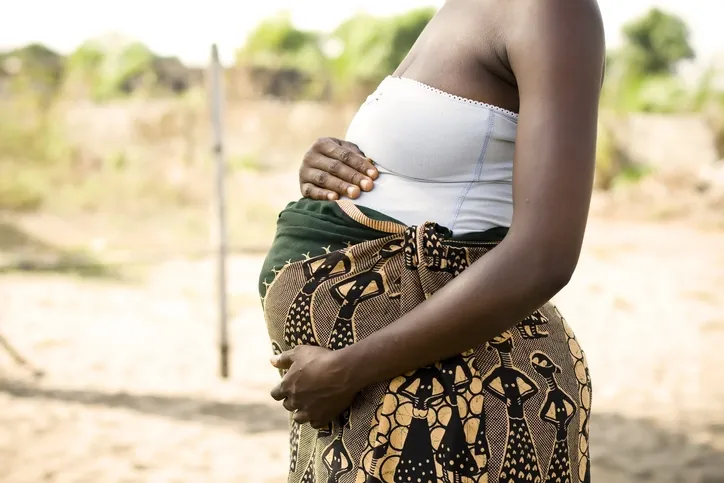 Photo: Getty Images
Photo: Getty ImagesRising temperatures in Africa may increase perinatal deaths
Heatwaves in sub-Saharan Africa are predicted to become more common due to climate change. A new study by researchers at Karolinska Institutet and others reveals a worrying correlation between high temperatures in the final week of pregnancy and an increased risk of stillbirth and early neonatal mortality.

KI awarded EU support for major chemical risk project
The EU has granted Karolinska Institutet support for several new projects under the Horizon Europe programme, the Union's most important funding programme for research and innovation. The largest of them is PARC, which will contribute to the safer management of chemicals and improve the dialogue between researchers and authorities.

Innovation gives a toxin-free work environment
Several hundred million containers are transported across the world's oceans every year. But opening the load can be dangerous – every eighth container that arrives in Sweden has levels of chemical substances in the air that exceed the limit for the work environment, according to research from Karolinska Institutet.

Nano-sensor detects pesticides on fruit
KI researchers have developed a tiny sensor for detecting pesticides on fruit in just a few minutes. The technique, described as a proof-of-concept in a paper in the journal Advanced Science, uses flame-sprayed nanoparticles made from silver to increase the signal of chemicals.

Researchers recommend organic agriculture for human health
In a review of existing research, commissioned by a committee of the European Parliament, a group of European researchers has identified benefits of organic food production for human health.

Up-scaling of a sustainable spinning method for artificial spider silk
Spider silk is Nature’s high-performance fiber as it combines high tensile strength and large extensibility. Researchers at KI have developed a method for producing spider silk proteins as a sustainable alternative to petroleum-based products.
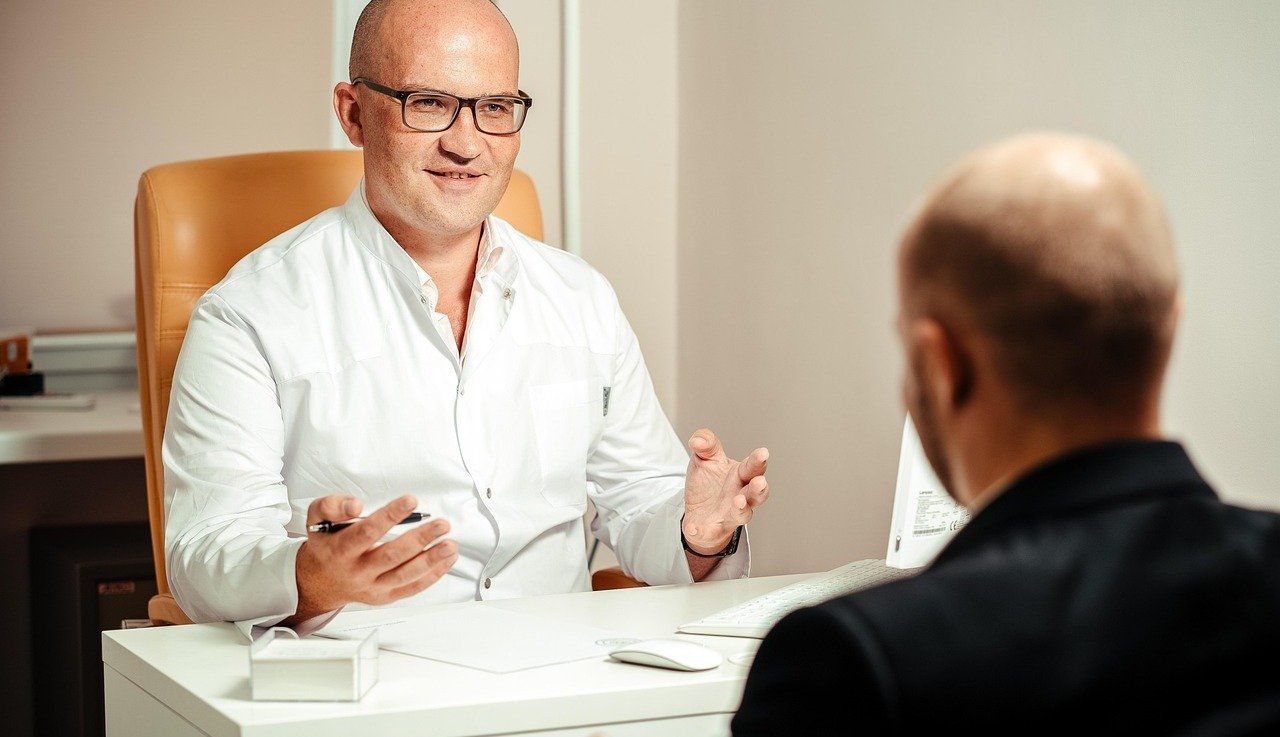 Photo: Pixabay
Photo: PixabayHealth reasons outweigh climate in lifestyle healthcare counseling
Today, we know that individual climate action can yield great benefits for human health, and in discussions about lifestyle, healthcare professionals have the opportunity to highlight benefits of a plant-forward diet and physical activity for both individual patient outcomes as well as planetary health. But how are such messages received by patients?
 Photo: Anna Persson
Photo: Anna PerssonChallenge for researchers to keep up with the green transition
As the green transition progresses, new risks are emerging in work environments, according to KI professor Karin Broberg. Her research team at the Institute of Environmental Medicine is investigating Sweden’s recycling industry work environment, and hope to publish a study about their findings soon.
 Photo: Getty Images.,Getty Images
Photo: Getty Images.,Getty ImagesEU tackles global health problems with KI as coordinator
Global health challenges are the focal point of two collaborative projects coordinated by KI: WISDOM and Changemaker. Under its pillar II "Global Challenges and European Industrial Competitiveness" programme, Horizon Europe has awarded the projects a total grant of EUR 14 million, of which KI controls the equivalent of just over EUR 3 million.
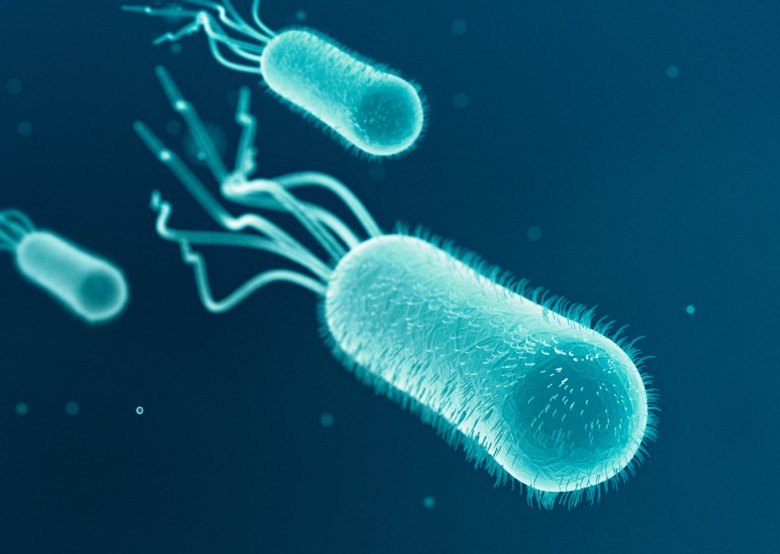 Photo: Getty images
Photo: Getty imagesAntibiotic resistance – the silent pandemic
Antibiotic resistance is sometimes referred to as the silent pandemic – a contagion that spreads without us really knowing its extent or severity. But research is in progress to find new ways of fighting bacteria. And as with COVID-19, everyone can help to reduce the spread – and save lives.
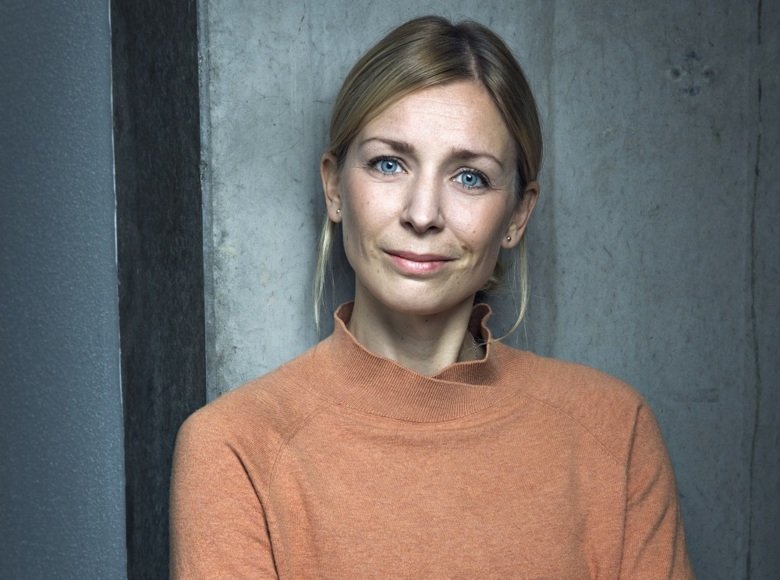 Photo: Joel Nilsson
Photo: Joel NilssonChanging norms about child mothers the biggest challenge
An estimated two million girls under the age of 15 give birth every year across the globe, and the consequences can be devastating. And yet they are missing from the statistics. Researcher Anna Kågesten wants to increase girls’ opportunities and rights to decide over their own bodies.
 Photo: Getty Images
Photo: Getty ImagesCan climate worry be used constructively?
About half of the Swedish population feels a strong climate worry. This is normal because the climate threat is real, says researcher Fabian Lenhard, who is starting a study on climate change. The research project will be attempting to channel worry about climate change into sustainable development.
 Photo: Sam Brewster
Photo: Sam BrewsterHealth inequities
Have a car. Don’t be poor. Don’t have a stressful job. Age, gender and socioeconomics are some of the factors that affect your risk of developing an illness and of dying prematurely. Read an article series about health inequities and how to reduce dem.

They see the value of nature
What is so appealing about nature, and is it good for your health? Meet three researchers at Karolinska Institutet who study the health benefits of spending time in nature.
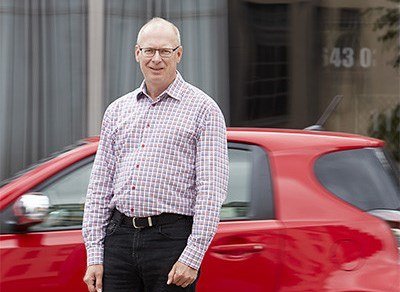 Photo: Medicinsk Vetenskap
Photo: Medicinsk VetenskapFoot on the brake
Each year, more than 1 million people around the world die in road accidents, and road traffic injuries are now the leading killer of people aged 5-29 years. Meet three researchers who understand the meaning of “Drive carefully!”
